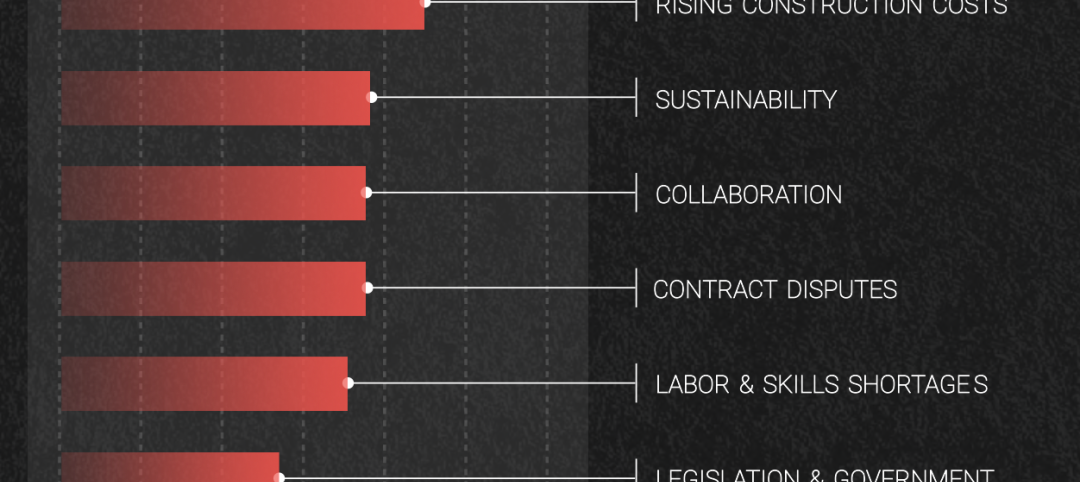International design and architecture firm Perkins Eastman announced the publication of its latest white paper, “Centers for Healthy Living: Providing Whole-Person Wellness to Seniors,” co-authored by Associate and Senior Design Researcher Emily Chmielewski EDAC, and Associate Claire Dickey AIA, who are based in the firm’s Pittsburgh and Washington, D.C., offices, respectively. The report is the culmination of a comprehensive design research study, conducted by the firm’s in-house research group, which examines what existing centers for healthy living (CHLs) are doing today and how they may evolve to better serve the complex needs of seniors.
Centers for healthy living, a new building typology that supports seniors through all eight dimensions of wellness, are currently being developed all over the U.S. in various forms and serving a diversity of needs, either within Life Plan Community campuses or as stand-alone community centers. Rather than adhering to a one-size-fits-all model, today’s CHLs vary widely in terms of services offered, which in turn reflects the fact that there are many definitions of “wellness.” According to one survey participant, the COO of a prominent residential and care provider in a suburb of Washington, D.C., “With so many definitions of wellness, a successful CHL needs to be able to adjust and adapt to be all inclusive and participatory.”
With the number of older adults in the U.S. in need of long-term services and support projected to grow from 15 million to 27 million by the year 2050, there is a distinct need to explore where and how senior services are delivered.
“CHLs help bridge the gap between the senior living and healthcare sectors, yet they go beyond the typical provision of clinic and exercise spaces to address all eight dimensions of whole-person wellness,” write the authors.
While this holistic approach is optimal, research study findings suggest that some providers tend to focus more on residents’ physical and social wellness, and pay less attention to accommodating the other six. This white paper explores the causes behind this (e.g. certain dimensions of wellness are easier to support and quantify), among other things, and offers informed, research-based recommendations for how CHLs of the future and corresponding models of care can better meet the wellness needs of seniors.
This white paper was produced and edited under the guidance and design expertise of Perkins Eastman’s Senior Living leadership team. The release of “Centers for Healthy Living” coincides with this year’s LeadingAge Annual Meeting & Expo (October 30 – November 2), being held in Indianapolis, IN. The entire paper is available for free download at www.perkinseastman.com/white_papers.
Related Stories
Market Data | Jul 24, 2023
Leading economists call for 2% increase in building construction spending in 2024
Following a 19.7% surge in spending for commercial, institutional, and industrial buildings in 2023, leading construction industry economists expect spending growth to come back to earth in 2024, according to the July 2023 AIA Consensus Construction Forecast Panel.
Codes and Standards | Jul 17, 2023
Outdated federal rainfall analysis impacting infrastructure projects, flood insurance
Severe rainstorms, sometimes described as “atmospheric rivers” or “torrential thunderstorms,” are making the concept of a “1-in-100-year flood event” obsolete, according to a report from First Street Foundation, an organization focused on weather risk research.
Multifamily Housing | Jul 13, 2023
Walkable neighborhoods encourage stronger sense of community
Adults who live in walkable neighborhoods are more likely to interact with their neighbors and have a stronger sense of community than people who live in car-dependent communities, according to a report by the Herbert Wertheim School of Public Health and Human Longevity Science at University of California San Diego.
Multifamily Housing | Jun 29, 2023
5 ways to rethink the future of multifamily development and design
The Gensler Research Institute’s investigation into the residential experience indicates a need for fresh perspectives on residential design and development, challenging norms, and raising the bar.
Apartments | Jun 27, 2023
Average U.S. apartment rent reached all-time high in May, at $1,716
Multifamily rents continued to increase through the first half of 2023, despite challenges for the sector and continuing economic uncertainty. But job growth has remained robust and new households keep forming, creating apartment demand and ongoing rent growth. The average U.S. apartment rent reached an all-time high of $1,716 in May.
Contractors | Jun 26, 2023
Most top U.S. contractors rarely deliver projects on time: new study
About 63% of leading U.S. contractors are delivering projects out of schedule, according to a survey of over 300 C-suite executives and owners in the construction industry by XYZ Reality. The study implies that the industry is struggling with significant backlogs due, in part, to avoidable defects, scan, and rework.
Industry Research | Jun 15, 2023
Exurbs and emerging suburbs having fastest population growth, says Cushman & Wakefield
Recently released county and metro-level population growth data by the U.S. Census Bureau shows that the fastest growing areas are found in exurbs and emerging suburbs.
Contractors | Jun 13, 2023
The average U.S. contractor has 8.9 months worth of construction work in the pipeline, as of May 2023
Associated Builders and Contractors reported that its Construction Backlog Indicator remained unchanged at 8.9 months in May, according to an ABC member survey conducted May 20 to June 7. The reading is 0.1 months lower than in May 2022. Backlog in the infrastructure category ticked up again and has now returned to May 2022 levels. On a regional basis, backlog increased in every region but the Northeast.
Industry Research | Jun 13, 2023
Two new surveys track how the construction industry, in the U.S. and globally, is navigating market disruption and volatility
The surveys, conducted by XYZ Reality and KPMG International, found greater willingness to embrace technology, workplace diversity, and ESG precepts.
| Jun 5, 2023
Communication is the key to AEC firms’ mental health programs and training
The core of recent awareness efforts—and their greatest challenge—is getting workers to come forward and share stories.

















